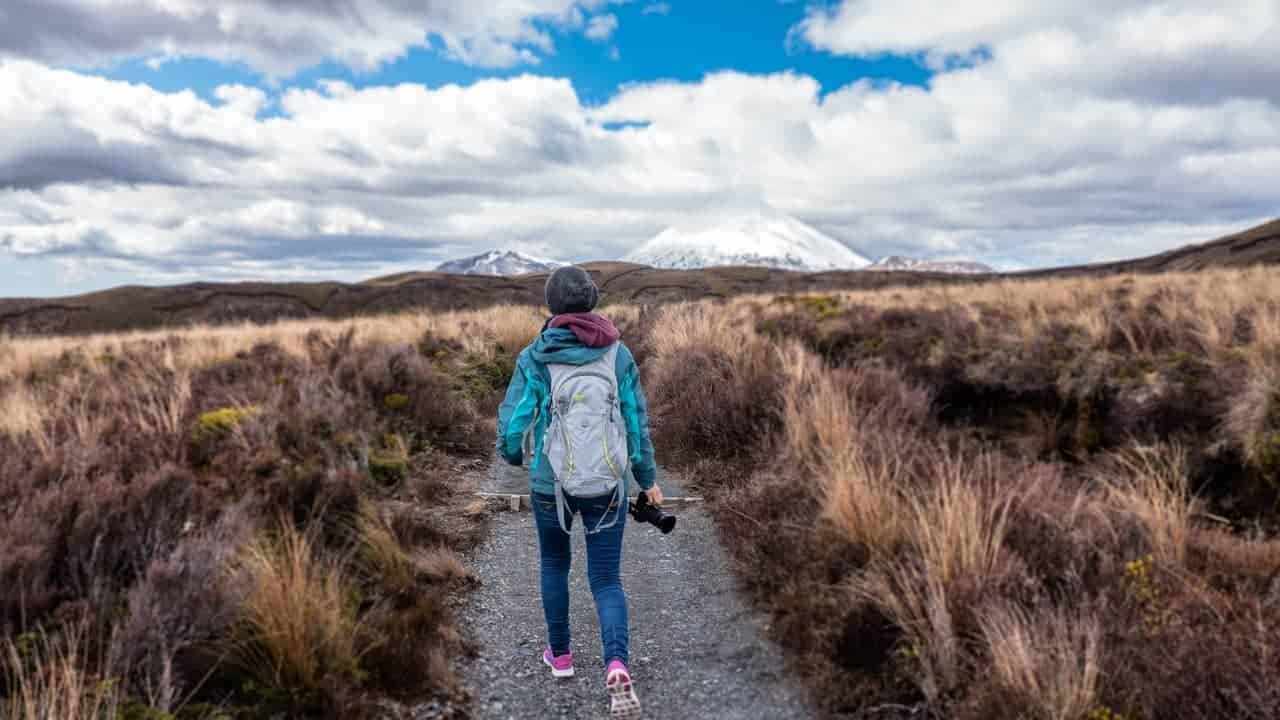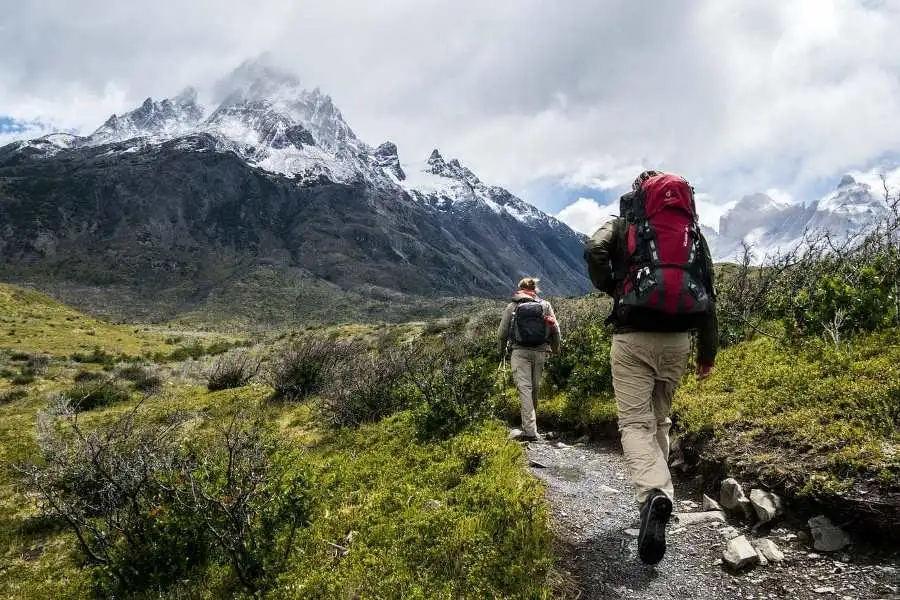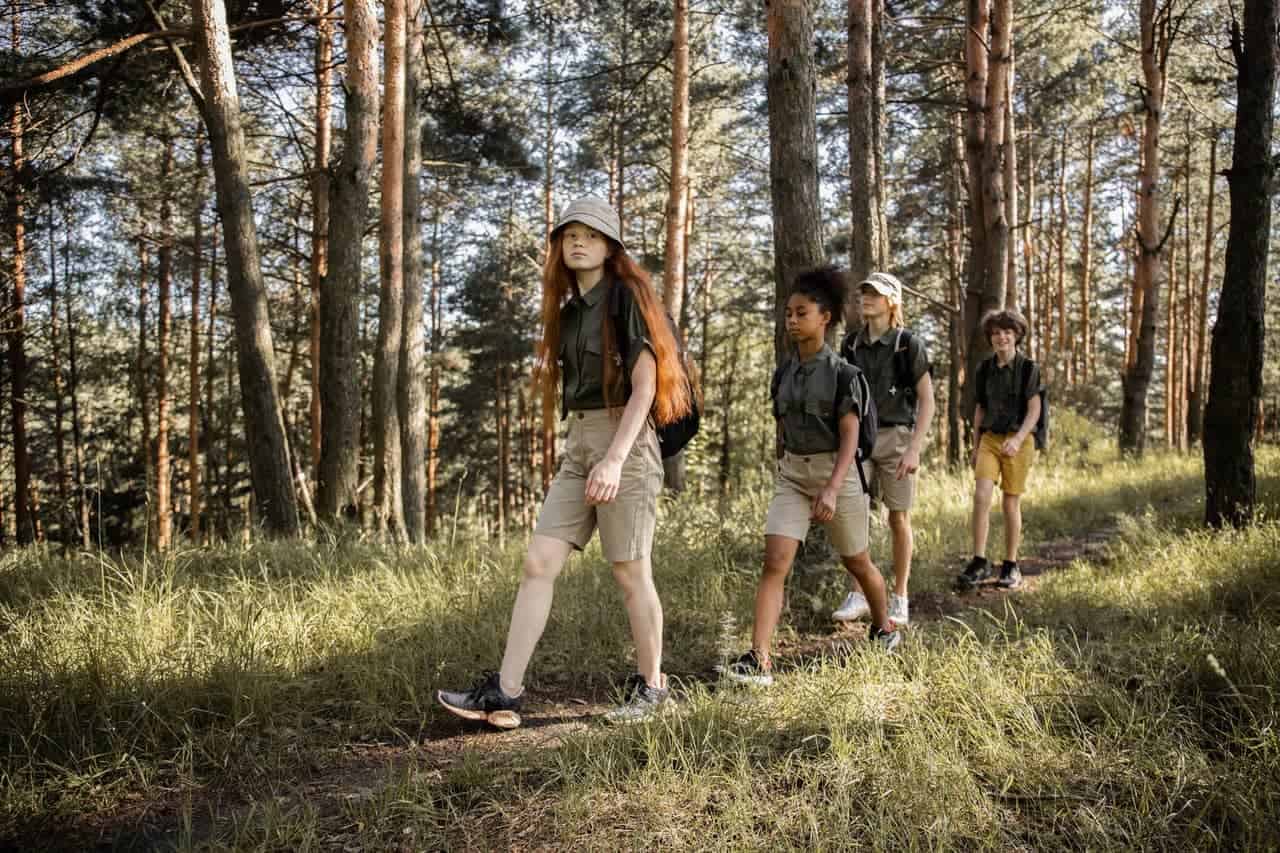Most preparedness conversations tend to revolve around physical concepts. Water storage, stockpiled food, and self-sustaining dwellings are all common topics.
One area that is often left under-addressed, though, is the concept of skills. Sure, survival skills are brought up in passing all the time, but they usually revolve around boy scout-level activities, like starting fires and scavenging for berries.
The truth is, though, most disasters, both natural and man-made, are going to require a heck of a lot of other skills — most of which will be needed well before you start rubbing two sticks together or romping through the woods looking for a berry patch.
Here’s what you need to know before the next disaster strikes.

Image Source: Pixabay
How to Provide First Aid
First aid is a critical skill that everyone should have, even if an emergency isn’t taking place. However, when you’re in an SHTF scenario, having some healthcare and hygiene skills up your sleeve isn’t just helpful — it’s essential.
Your first aid skills should start with basic hygiene. It’s easy to let your personal cleanliness and self-care slip during a crisis. But things like unwashed hands and a lack of personal grooming can open up the door to much more significant problems over time.
Along with hygiene, it’s important to invest in deeper, more expansive first aid skills. This can vary from how to stitch up a wound or disinfect a cut to growing your knowledge in areas like digestion, eye health, and even seemingly cosmetic things like skincare.
How to Repair Your Vehicle
Unless your favorite trails are right outside your door, you need transportation to your favorite hiking spots. You have to make sure any vehicles you own are in good working order at all times, especially if your favorite trails are very much off the beaten path. No one wants to get stuck out in the wilderness because they didn’t take care of their gear.
If something goes wrong with your ride, and you’re out in the middle of nowhere, getting help from a mechanic is hardly going to be an option. This makes investing in your vehicle maintenance and repair skills a must.
On the one hand, proper vehicle maintenance has many benefits, including keeping a car running smoother, efficiently, and longer. On the other hand, being able to actively repair an inoperable vehicle can be invaluable if you find yourself broken down on the side of the road. It’s also important to keep your vehicle prepped with other items, like a first aid kit, physical maps, and jumper cables.
How to Fix Household Items
The ability to fix, repair, and build things is another critical end-of-life-as-we-know-it skill. There are numerous activities that this can help with.
For instance, if you’re stuck at home for weeks or months at a time, plumbing and electric skills can help you keep your home in good, working order. Getting comfortable with power tools and woodworking can help you if you need to reinforce windows and doors during a natural disaster. Even if you find yourself in the open, construction skills can help you build a shelter with whatever materials are available.
How to Cook, Hunt, and Garden
Everyone wants to stock up on preservatives and canned goods. But at a certain point, prepackaged food can run out. When that happens, you can scavenge if you really need to, but there are several other activities that you can also hone to help you address food needs in other ways.
For instance, take time to learn to hunt. Also, invest in gardening and how to grow serious quantities of nutrient-rich foods. You may also want to get some water purification skills well developed, too.
Finally, learn how to cook. Like, real cooking. Not just popping something in the microwave or shoving an opened can into a bed of coals. The more you know about cooking, the more you can do with whatever food you have available.
What Technology Will Be Most Helpful In an Emergency
Some of the latest advancements in technology have created great tools to help in the case of an emergency. To help with getting lost in the woods, weather emergencies, and more, there’s plenty of technology available that is incredibly useful in these situations. The key to any emergency is being prepared and knowing which tech could be useful is part of that.
With their ability to shoot photos and video from aerial views, drones can be really helpful in situations where you’ve lost your bearings. While packing up your drone to head off for a weekend of camping in the woods isn’t high on your list of essentials, there’s evidence that it should be. Not only can drones help you figure out where you are if you get lost, but they can also help you find water sources and potentially scare off predators.
Communication is one of everyone’s top priorities in an emergency. In the past, walkie-talkies have been limited by distance, which in the end wasn’t all that helpful. Now with new push-to-talk apps, communicating with others through your mobile phone is even easier because many of them don’t even require a cell signal. However, there are a few things you should double-check before you decide which app is best for you.
There are plenty of walkie-talkie apps available on both the iOS and Android platforms, but make sure you look at their drawbacks as well as their benefits. First and foremost, check the quality of sound. Can you clearly hear the person talking? Is their voice being randomly cut off as they’re speaking? This can be a serious issue if specific instructions are required or if time is a factor in an emergency.
Next, check to see if there’s an alternate way of communicating without your voice. Is texting with the app an option? At times, silence is of the utmost importance in an emergency, and needing to communicate without sound might be a feature that comes into play.
Finally, take a look at what the app has for location features. A large majority of apps today have the ability to use your location, so make sure whatever push-to-talk app you choose has this. Where you’re located in an emergency can be crucial if you’re in need of medical assistance or if others are trying to locate you.
Stress Management and Creativity
Along with practical skills, it’s also worth focusing on a few soft skills. Stress management is key in a crisis, especially if you suffer from anxiety or depression. Learning to handle stress at the moment can be an essential part of keeping you alive when a disaster strikes.
Creativity is another soft skill that can be crippled in a catastrophe. If you want your hikes to be a bit more interactive, try geocaching. Some geocaches are so well hidden you need a metal detector to find them properly. Geocaching provides you the opportunity to learn to read GPS coordinates, and it allows you to express your creativity as you choose the trinket you want to leave at each geocache you find. Are you artistic? Leave mini art supply kits. Love music? Leave inexpensive thumb drives with your favorite tunes. The choices are endless.
Author Bio:

CONTRIBUTOR: Luke Smith
Words about contributor of this Article: “Luke Smith is a writer and researcher turned blogger. Since finishing college he is trying his hand at being a freelance writer. He enjoys writing on a variety of topics but lifestyle and outdoor topics are his favorite. When he isn’t writing you can find him traveling, hiking, or gaming.”





